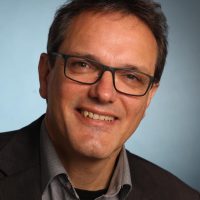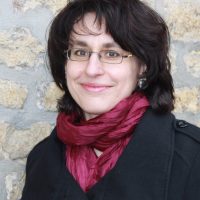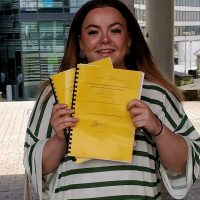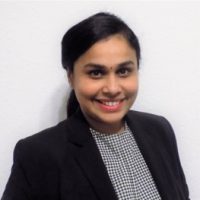Profile & expertise
Founded in 1737, the University of Goettingen is a research university of international renown with strong focuses in research-led teaching. The University is distinguished by the rich diversity of its subject spectrum, particularly in the humanities, and its excellent facilities for the pursuit of scientific research. At the beginning of 2003, the University of Goettingen became the first German university with a comprehensive range of disciplines to assume the legal status of a foundation under public law. The University has since then enhanced its research profile, created new research entities such as the Courant Research Centres and the Lichtenberg-Kolleg, intensified cooperation on the Goettingen Campus, attracted and retained outstanding academics and supported the recruitment of excellent students and young academics from abroad. The University is founding member of the Coimbra Group and the U4 Network and is running active agreements with institutions of higher education in ninety countries.
There is a strong technical and scientific cooperation with the Digital Library Department of the Göttingen State- and University Library (SUB) in terms of geospatial data analysis and research software engineering.
Role in the Project
UGOE will support UEG for Göttingen site work and will lead the mapping of the geological contexts and the most promising sites.





